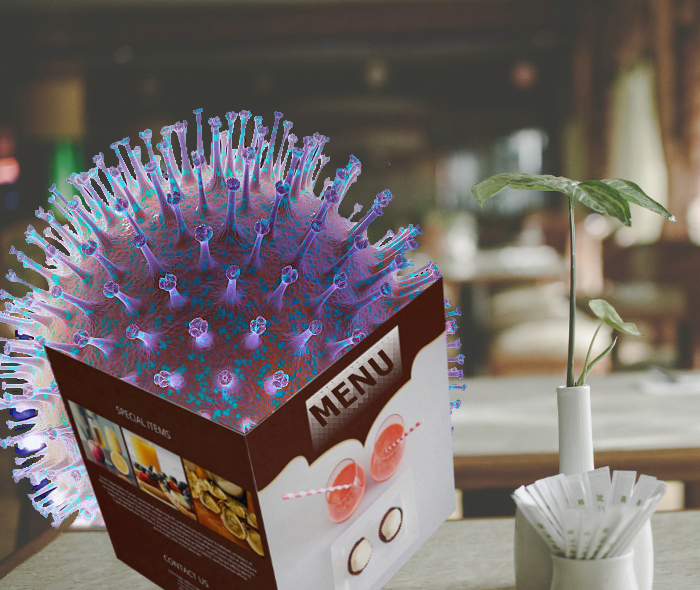Plastic bacteria built in lab
 Researchers have genetically engineered bacteria that can convert plastic waste into essential chemicals.
Researchers have genetically engineered bacteria that can convert plastic waste into essential chemicals.
These synthetic bacteria, derived from the soil bacterium Pseudomonas putida, hold the potential to revolutionise the treatment of plastic pollution and produce materials vital for insulators, foams, coatings, adhesives, and nylon.
The study, published in Nature Communications, introduces two distinct genetically engineered strains of Pseudomonas putida.
These bacteria were tailored to target one of the most prevalent plastics, polyethylene terephthalate (PET).
Each strain efficiently processed the breakdown of one of the two key byproducts of PET chemical degradation - terephthalic acid and ethylene glycol.
By collaborating in a consortium, the bacterial strains exhibited significantly enhanced efficiency compared to using a single strain responsible for both products.
In a remarkable feat, these bacteria further transformed PET into the biodegradable polymer PHA and muconate.
These compounds serve as building blocks for the synthesis of polyurethane and adipic acid.
Polyurethane, an essential material, finds applications in insulators, foams, coatings, and adhesives, while adipic acid plays a crucial role in the production of nylon.
The findings suggest that engineering microbial communities offers a promising and effective platform for polymer upcycling and enhancing environmental sustainability.
Additionally, the concepts and strategies employed in this study may hold potential for addressing other types of plastics, opening new doors to combat plastic pollution worldwide.








 Print
Print